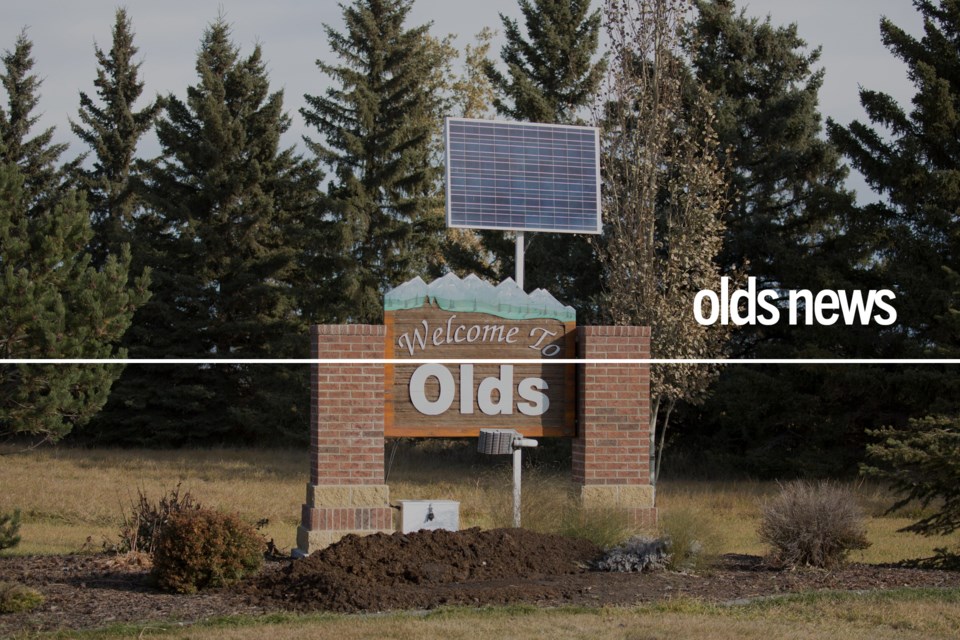OLDS — A request by a homeowner for the town to waive a water bill of more than $44,547 after his basement was flooded has been denied by council.
That figure includes two invoices and a penalty.
Instead, at the advice of administrative staff, town council voted to accept the request as information, which means the bill will be transferred to the homeowner’s tax bill.
Chief administrative officer Brent Williams said from there, administrative staff will likely work with that person (whose name was kept confidential) to have the bill repaid over time.
Otherwise, Williams said, if the homeowner’s request was honoured, Olds' taxpayers would be covering that bill.
Documentation indicates the problem was detected in February and March.
A water meter used at the home, which is vacant, was found to have “excessively high readings,” Williams said.
That being the case, a utility clerk asked a worker to check the meter a second time. The worker did so and found an extremely high reading again.
At that point, he looked in the basement windows and saw that the basement was flooded with water about three or four feet deep.
In a letter to the town, the homeowner said he is retired and living on insurance income, due to a disability. He is living with and caring for his 93-year-old father.
The home owner said his income is now roughly half what he received when working and it's fixed. Thus, he can’t afford to cover the water bill. He also said repairs to the home are estimated to be in the $67,000 range.
The homeowner said his insurance company will not cover the bill, hence his request to the town.
The home owner wrote that another problem was that he caught COVID-19, which “certainly did not help my chronic health issues.”
“The recommendation from administration is that council receive this for information, which is essentially declining the forgiveness of the bill, primarily because it would be the rest of the taxpayers of the town taking on the cost of this,” Williams said.
“And that insurance also disclaimed it. So it seems in our estimation that there should have been more care taken.”
Coun. Darren Wilson asked Williams if he believes the town acted as it should, including monitoring water consumption.
Williams said he was comfortable that the town did what it could. He pointed out that the problem was caught, thanks to the “astuteness of our clerk.”
“At a higher level, as these meters come into it, I think water loss in general is a big challenge for the town that we have to look at ways to address more strategically,” he said.
Coun. Dan Daley asked if in situations like this, the town is able to put a lien on the property in order to collect the money owning if the property is sold “or changes hands.”
"Yeah, utilities can be transferred to the tax roll and that stays with the property, not the owner, essentially.
“Whereas utility bills, if they’re not transferred to taxes, are with the property owner, not with the property,” Williams said.
He added that in this case, the money owed, “given its significance, will go into taxes.”
“Once it gets filed as a lien against the property for unpaid taxes, we can then enter into a payment plan with the individual to kind of help spread this burden out long-term, whereas right now ... we’re looking for a $44,000 payment, which is not doable for the vast majority of people,” Williams said.
“Also it’s not the best solution for this property owner. It’s the best we can do and it probably makes it a bit easier if it does – when it does -- get transferred to taxes.”



